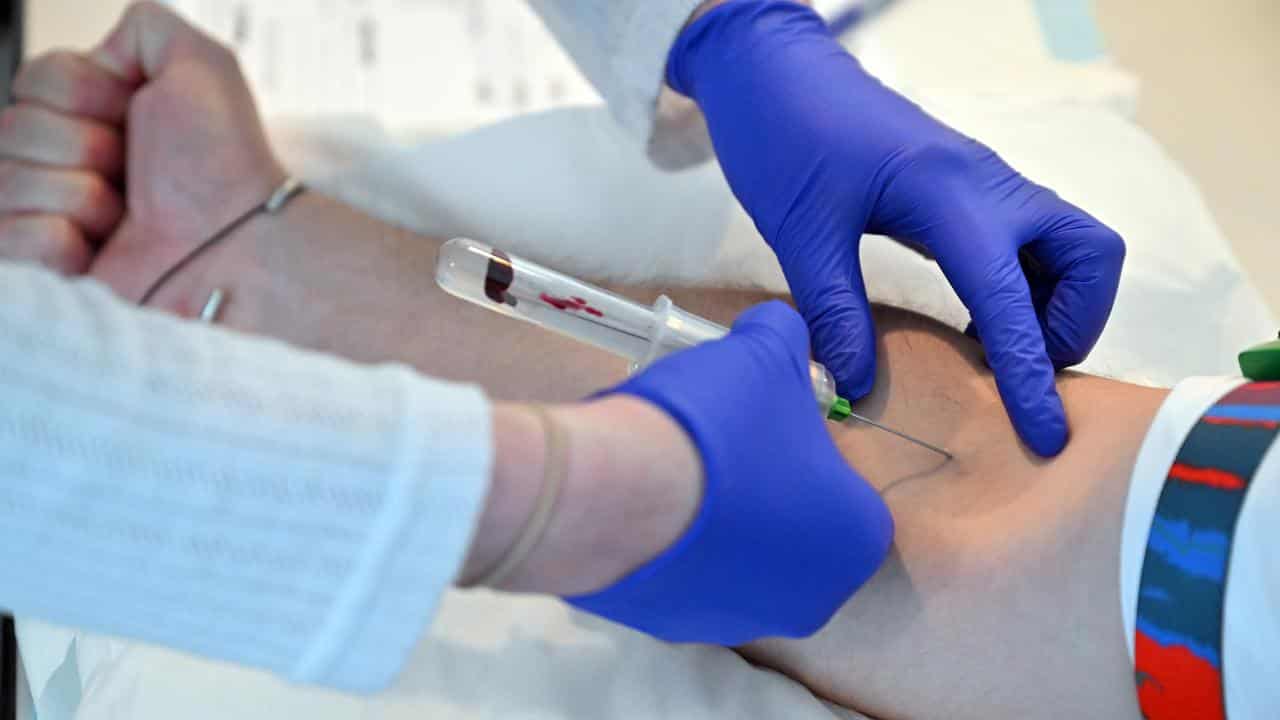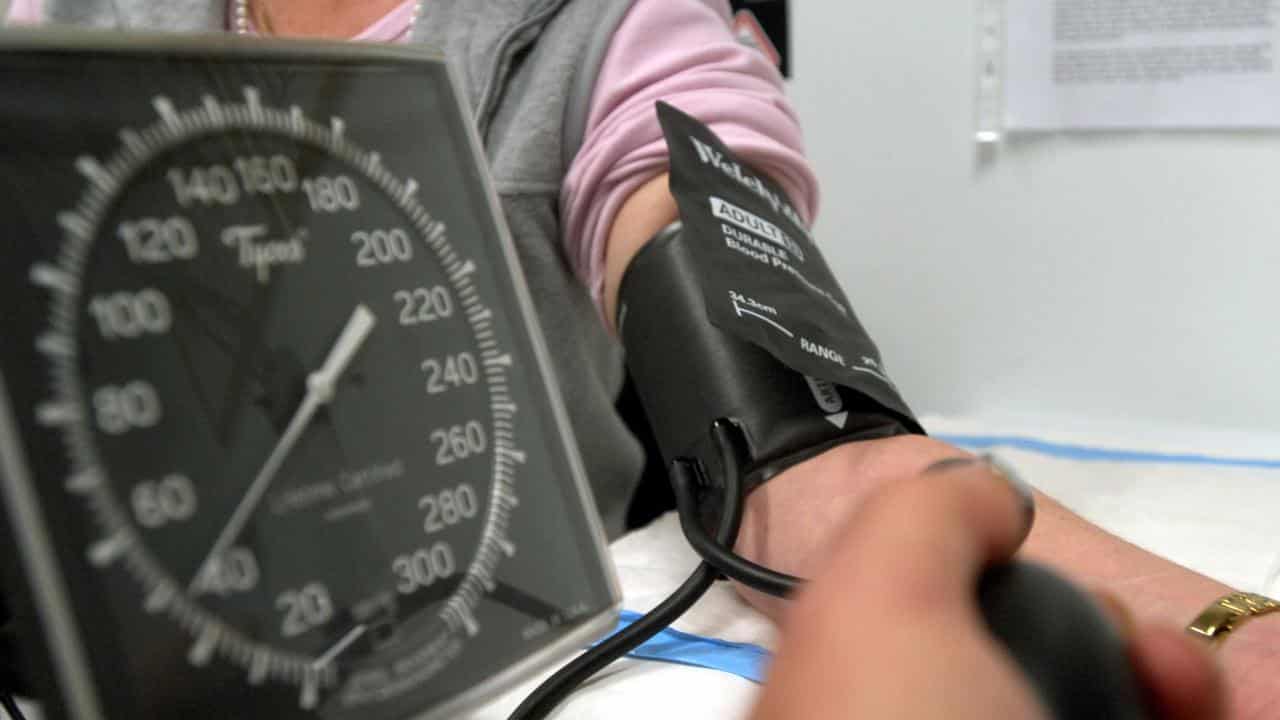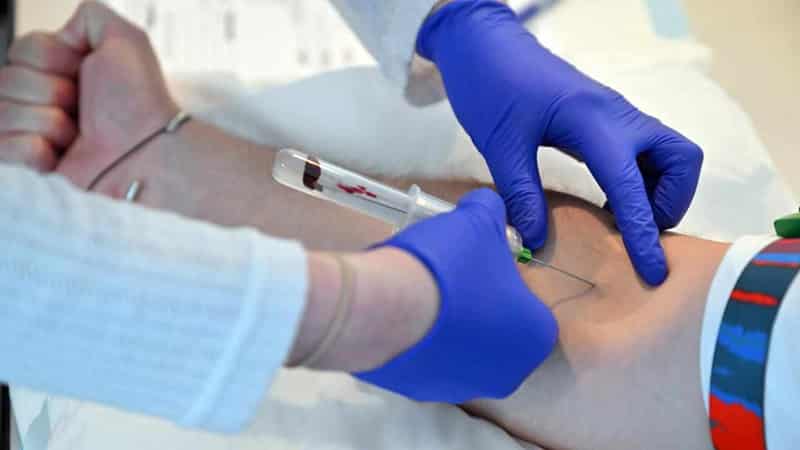
Australians could get their X-rays and blood test results sooner, but doctors warn scrapping delays may have unintended consequences.
The Department of Health and Aged Care revealed in late 2023 it was aiming to provide Australians with faster access to all pathology and diagnostic imaging reports in 2024.
This means patients who usually have to wait seven days before they can access results - which have already been shared to My Health Record - would no longer be forced to endure the delay.
But the peak representative organisations for pathologists and general practitioners say removing the seven-day wait could breed misinformation and exacerbate patient distress.

The delay allows healthcare providers to schedule follow-up appointments with patients, which Royal Australian College of General Practitioners (RACGP) president Nicole Higgins says gives them an opportunity to have "important conversations".
"Much of the terminology entered into My Health Record, is written for doctors, by doctors, and has to be understood in the context of a patient’s medical history and other health factors and conditions," Dr Higgins said.
"Patients often get good insights and find support by looking into their results, but it’s important they know what their results mean for them - that’s the value of having a usual GP."
Those who have discussions with their doctors are better supported and equipped, she said.
Those who don't are at risk of misinterpreting their own results, due in part to the "worrying amount of vague, unapplicable and outrightly incorrect information online", Dr Higgins said.
Royal College of Pathologists of Australasia (RCPA) president Trishe Leong says accelerating results can also affect healthcare providers, as they would face increased communication from patients wanting to know the meaning of unexpected and abnormal results.
Both colleges want the seven-day delay to remain in place and have requested the government include them in future consultations.

But if it is removed, they recommend excluding some tests such as anatomical pathology and cytopathology reports, which are generally discussed amongst multidisciplinary teams, and genetic tests.
Associate Professor Leong says pathology reports can be complex and genetic tests, which can also be done at these labs, have their own issues.
They are often probabilistic, can have unanticipated implications or consequences for family members and in turn lead to psychological impacts which requires post-test counselling.
While RACGP and the RCPA support sharing information and acknowledge that expedited access to reports could lead reduce patient anxiety and allow them to seek improved care
"GPs and other specialists don’t seek to be medical gatekeepers, but we are there to support our patients to understand their results, treatment options and next steps," Dr Higgins said.









